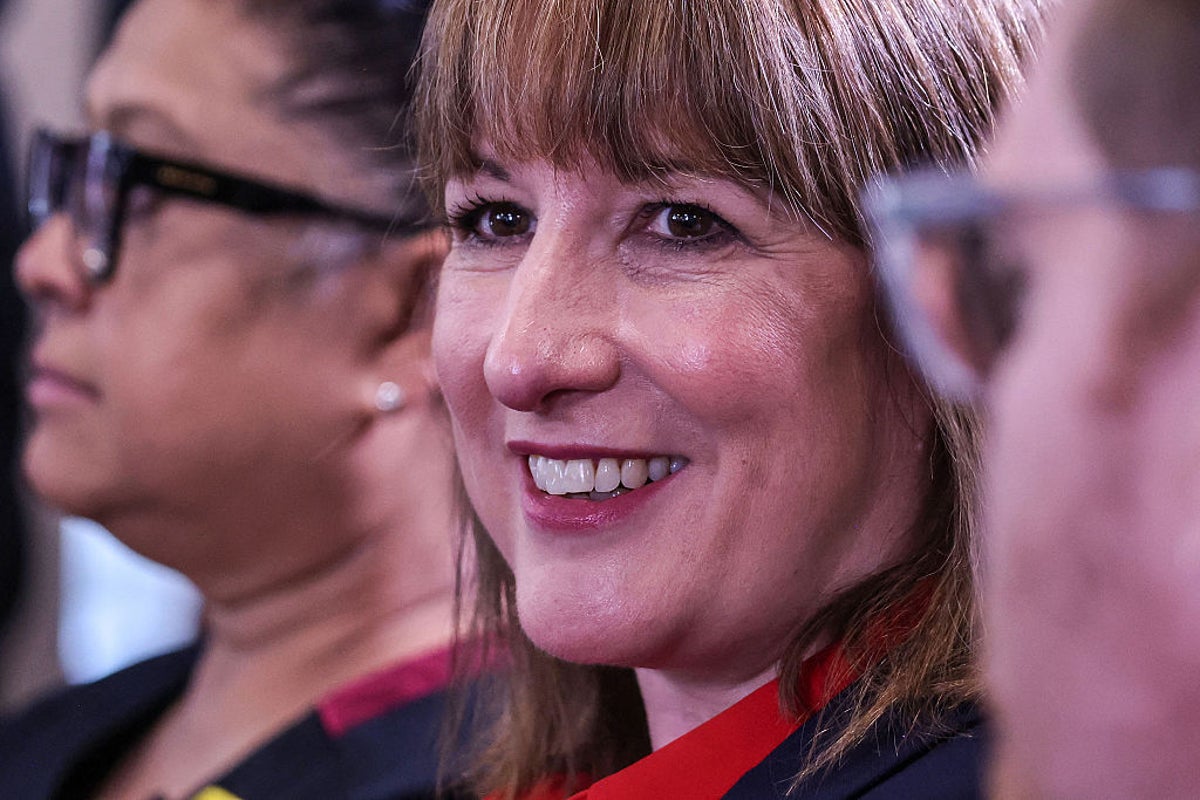Reevaluation of Rachel Reeves Amid Market Reactions
In recent parliamentary sessions, particularly during Prime Minister’s Questions (PMQs), Rachel Reeves, the Labour Party chancellor, captured significant attention. Her visibly emotional response during the debate led many to speculate about her position within the party. Reeves herself stated she was “clearly upset” and reaffirmed that her feelings stemmed from a “personal issue.” This candid expression of emotion underscores the pressures facing political figures, especially in high-stakes forums where scrutiny is relentless.
The Market’s Reaction
Following Reeves’ statements and the Labour Party’s subsequent support, the financial markets exhibited notable reactions. Ten-year bond yields in the UK saw a decline and steadied, a shift attributed to Labour’s more robust defense of Reeves. This stability in bond yields is an encouraging signal for investors, reflecting a degree of confidence restored by the party’s assurances. The slight rise of the pound against the dollar further reflects this market sentiment, indicating that investors are viewing the political landscape with cautious optimism.
The Business Climate
However, not all news is sunny in the UK business environment. A recent survey revealed that small and medium-sized enterprises (SMEs) are bracing for an average financial blow of £17,000 due to tariff impacts. This statistic highlights significant challenges faced by businesses, underlining the widespread implications of trade policies influenced by political decisions. The ongoing shifts in economic policy are crucial, particularly for SMEs that often serve as the backbone of the UK’s economy.
Stock Market Developments
The stock market responded positively, with the FTSE 100 enjoying a growth spurt of more than 0.4 percent. This uptick can partly be traced back to the renewed confidence in the Labour Party’s governance, reflecting investor sentiments toward stability amidst previous concerns. Market participants often watch political developments closely; thus, Reeves’ handling of her personal issue and how it’s received by party leadership could have ripple effects on broader economic perceptions.
AstraZeneca and London Stock Exchange
In other business news, AstraZeneca’s potential move to leave the London Stock Exchange in favor of a US listing has raised eyebrows in the investment community. If such a shift occurs, it could signify a broader trend where prominent UK firms reevaluate their listings, potentially affecting the capital market landscape. This development draws attention to the competitiveness of financial hubs worldwide, especially amid fluctuating market conditions.
Electric Vehicles on the Rise
In a more positive light, data revealing that one in four cars sold in the UK during June were electric vehicles signifies a significant shift in consumer preferences towards more sustainable options. This growing market for electric vehicles not only highlights changing consumer behavior but also the increasing pressure on manufacturers to adapt to environmentally friendly practices. As the UK government continues to promote green policies, this segment is expected to expand further.
Changes in Saving Products
On the personal finance front, NS&I (National Savings and Investments) has announced a reduction in rates for their Junior ISA. This decision, while part of broader financial strategy changes, could impact parents saving for their children’s future education and expenses. With the cost of living rising, families will need to navigate these changes carefully to ensure they make the best financial decisions moving forward.
Bitcoin’s Market Surge
In the cryptocurrency realm, Bitcoin’s price briefly peaked above $110,000, catching the attention of traders and investors alike. This surge in value is indicative of the volatile nature of cryptocurrencies and the speculative interests surrounding them. Investors are keenly observing such trends, aware of how swiftly market conditions can change in this arena.
By dissecting these events and their implications, it becomes clear that the interplay between politics and economics in the UK continues to evolve, leaving many pivotal questions for future discussion. Stay tuned for updates as the situation develops.


